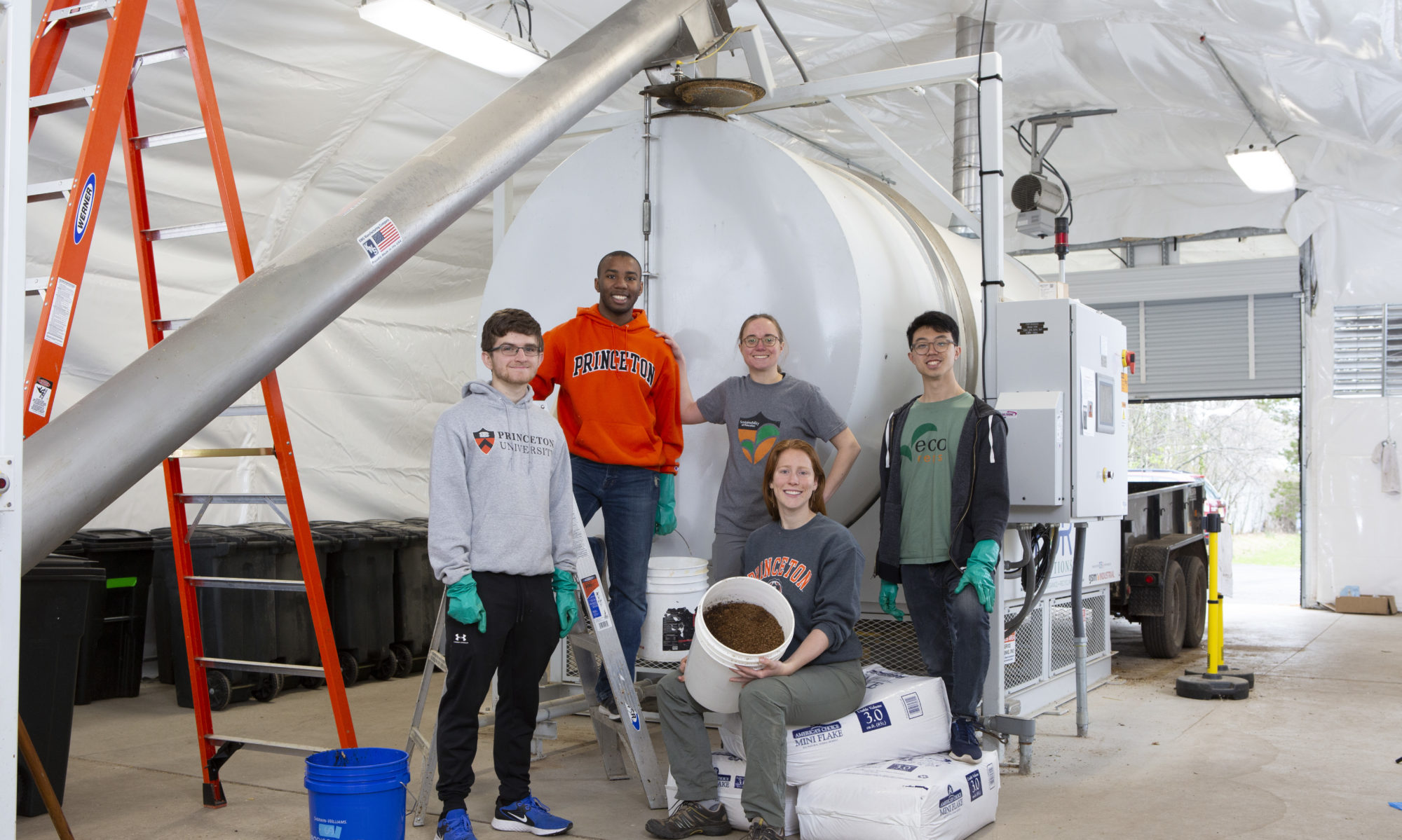Good afternoon everyone,
I hope this blog post finds you and those around you doing well during this difficult time.
As with many activities and events at the University, the S.C.R.A.P. Lab has closed for the remainder of the semester due to the COVID-19 restrictions. In the meantime, any food waste generated at Frist Campus Center will be picked up by our third-party organics recycler, Organic Diversion.
When S.C.R.A.P. Lab operations resume, the composting facility will no longer reside at the current location on FitzRandolph Road, but at a new site on campus. Due to Capital Planning efforts, we will be moving to a permanent location along Washington Road in May/June. Over the next weeks and months, the ComPOSTer will chronicle this journey, and will continue to provide research updates and information about all things composting and compost, so please keep reading along!

On that note and in better news – earlier this month, the NJ food waste bill that was referenced in the last blog post was passed by the Senate and currently waits to be signed by Gov. Murphy.
Under the bill, large food waste generators (e.g. establishments like prisons, hospitals, higher education institutions) will be required to source separate and recycle their food waste if they generate an average projected volume of 52 or more tons of food waste per year (i.e. 1 ton or more of food waste per week), and are located within 25 miles of an authorized food waste recycling facility.
The bill will advance the organics recycling industry in New Jersey by incentivizing the construction of either composting or food waste-to-energy facilities in the state, as well as the use of the associated soil amendments like compost for landscaping and construction projects. Read more here.
Data
We end the academic year having composted a cumulative 91 tons of food waste since the start of the project. We look forward to continuing our journey in a few months!

